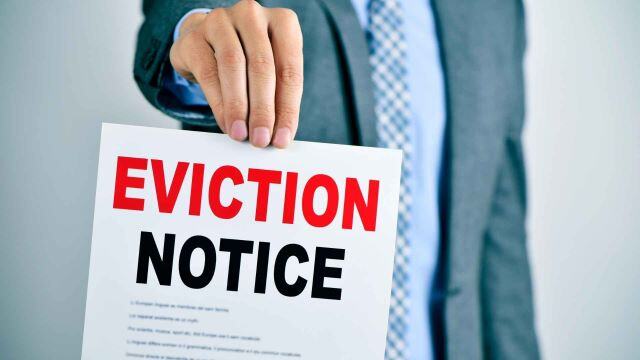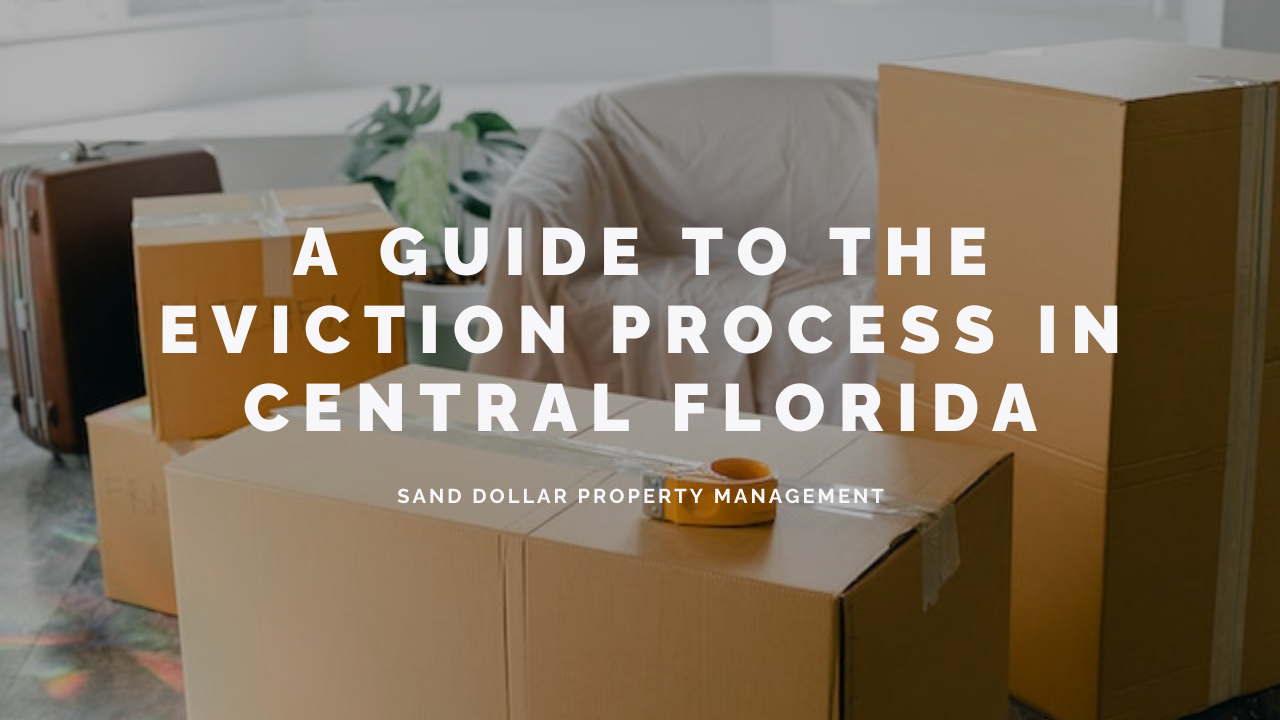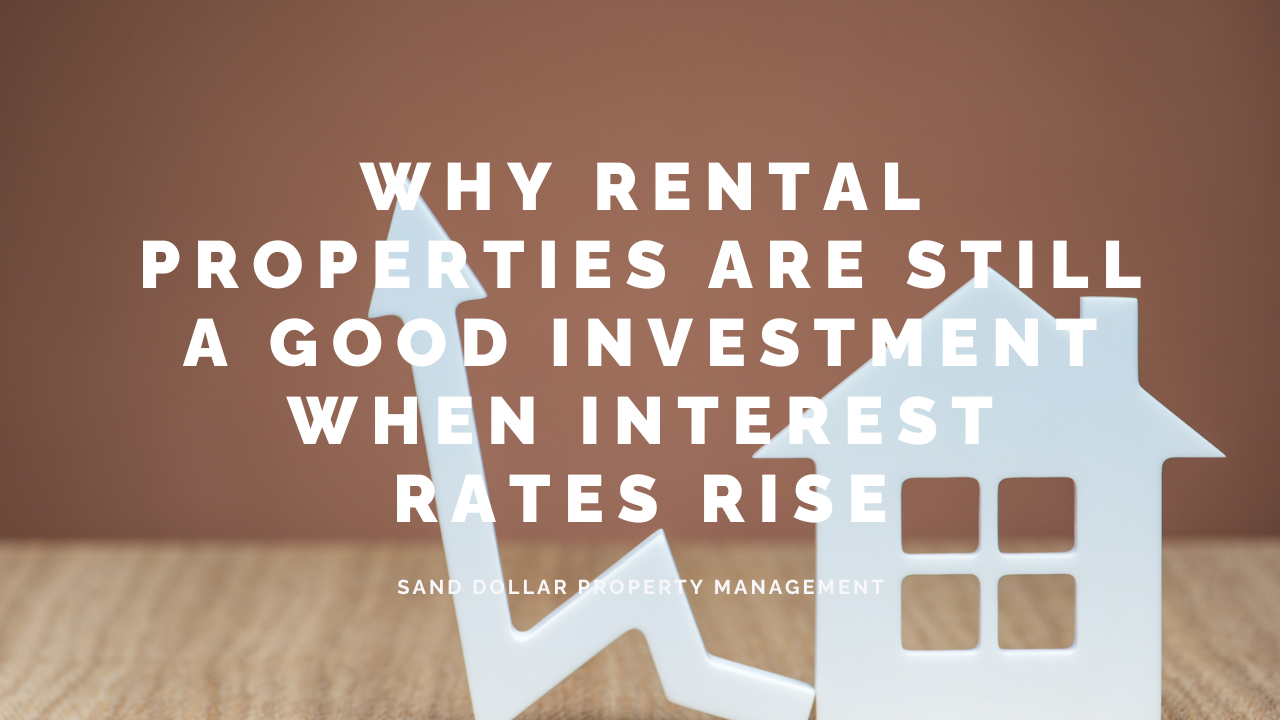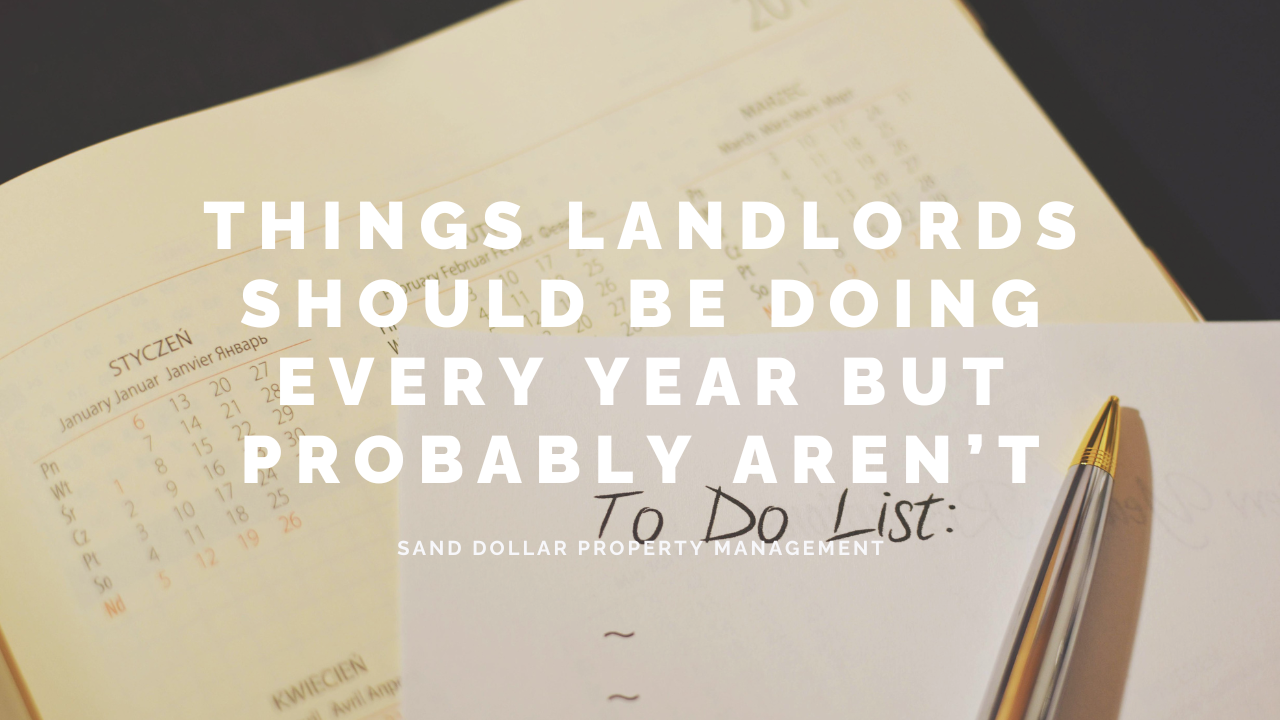Notice for Lease Termination with Legal Cause
A renter may be evicted from a rental in Florida for a number of offenses, such as failing to pay rent on time, remaining after the lease expires, breaking the terms of the rental agreement, or engaging in unlawful activities. The cause for the termination determines the kind of eviction notice that is utilized.
Here are some eviction notices given in Florida:
- Three-Day Notice to Quit: When a renter fails to make timely rent payments, this warning is sent. The tenant has three days to make the late rent payment or vacate the premises (weekends and legal holidays excepted).
- Seven-Day Notice to Comply or Vacate: This notice is applicable when a tenant violates lease terms, such as keeping a pet in a no-pet unit or causing damage beyond normal wear and tear. The tenant has seven days to correct the issue or move out.
- Seven-Day Notice to Vacate: This notice is used for serious lease violations, like illegal activities or repeated violations. The tenant must leave the premises within seven days with no option to correct the violation.

- Thirty-Day Notice to Vacate: This notice is used when a tenant's lease has ended or there is no lease agreement. The tenant is given 30 days to move out.
Notice for Lease Termination with Legal Cause
In Florida, landlords cannot evict tenants without a valid reason. These are some reasons a landlord may evict a tenant:
Late Rent
A tenant who fails to pay rent on time may be evicted by the landlord in Florida. In order to accomplish this, the landlord must first give the renter three days' notice to leave the premises, giving them the option to settle the outstanding amount or move out.
Rent is due at the beginning of each month, unless the lease specifies otherwise. In Florida, it is deemed late the day after the due date. Tenants in Florida are not obligated to grant their landlords a grace period for rent payments.
On the other hand, the landlord has to abide by any special provisions made in the lease or rental agreement. The landlord may proceed and file for eviction if the renter fails to pay the remaining amount owed or vacate by the end of the notice period.
Expired Lease
A tenant who does not have a lease or whose lease has expired but is still in effect in Florida may face an eviction. In order to end the lease, the landlord must first give the renter a legal 30-day notice to vacate.

If the tenant is not gone by the end of the notice period, the landlord may move on with filing an eviction complaint.
Lease Violations
According to Florida landlord-tenant law, a landlord has the right to evict a tenant who breaks the terms of the lease or neglects their legal obligations.
Tenants are given the option to either resolve the issue or move out by giving them a seven-day notice to comply or vacate, as required by Florida law.
Significant Damage or Repeated Lease Violations
If a tenant breaks the terms of the lease repeatedly within a period of one year or causes significant damage to the unit, the landlord in Florida has the right to have them evicted. In order to do this, the landlord must give the renter a seven-day notice of termination.
Tenants are not given the chance to fix the issue and must leave within the allocated seven days. If the tenant is not gone by the end of the notice period, the landlord may move on with filing an eviction complaint.
Delivering an Eviction Notice to Tenants in Florida
Once the appropriate notice is prepared, it must be properly served to the tenant. In Florida, the eviction notice can be served in one of the following ways:

- Delivering the eviction notice directly to the renter.
- Sending the notice via certified mail.
- If the tenant is unavailable, posting the notice on the front door of the rental property.
Bottom Line
Evictions can be complex and stressful, but following the legal rules ensures fairness and maintains order in the landlord-tenant relationship. Both landlords and tenants are advised to contact a lawyer to seek legal counsel to effectively navigate this process and comply with Florida's specific laws and regulations.
As a landlord, it’s recommended to work with a professional company that is well-versed in Florida eviction law and security deposit law. Having an experienced team handle complicated tasks such as an eviction can greatly help make the process smoother, reducing unnecessary stress for the landlord.
For questions, contact Sand Dollar Property Management, and we’ll be happy to assist you.
Disclaimer: Please note that the information provided in this blog is intended for general guidance and should not be considered as a replacement for professional legal advice. It is important to be aware that laws pertaining to property management may change, rendering this information outdated by the time you read it.












